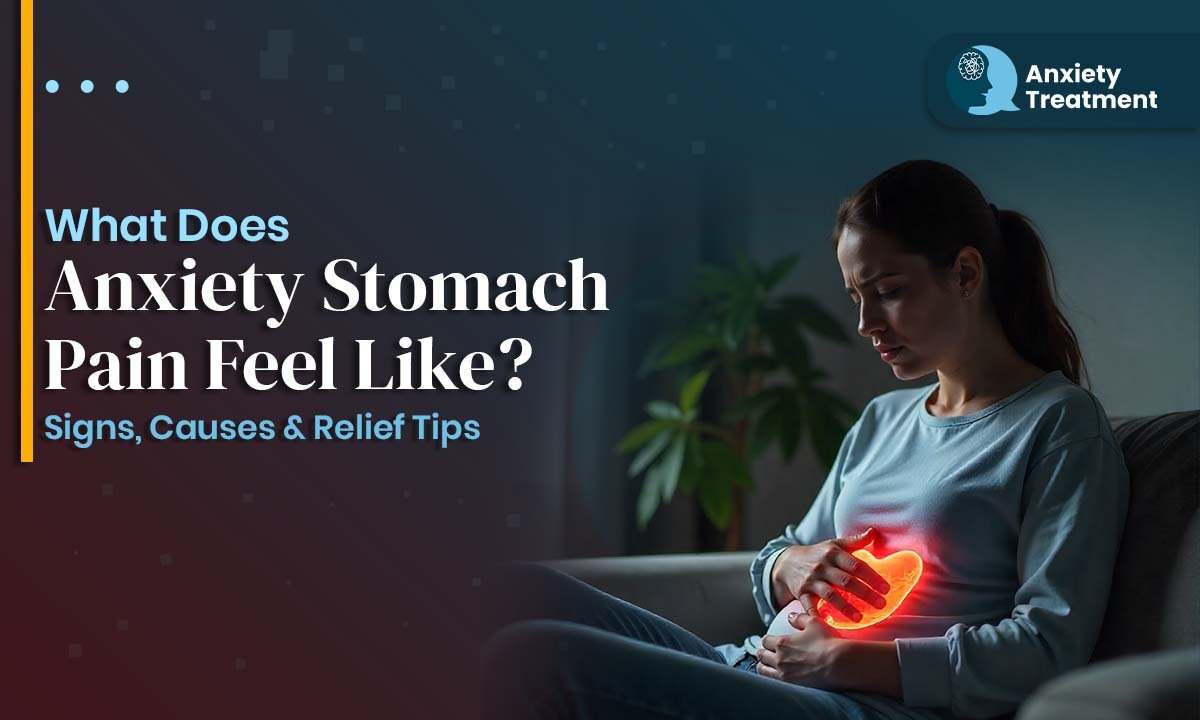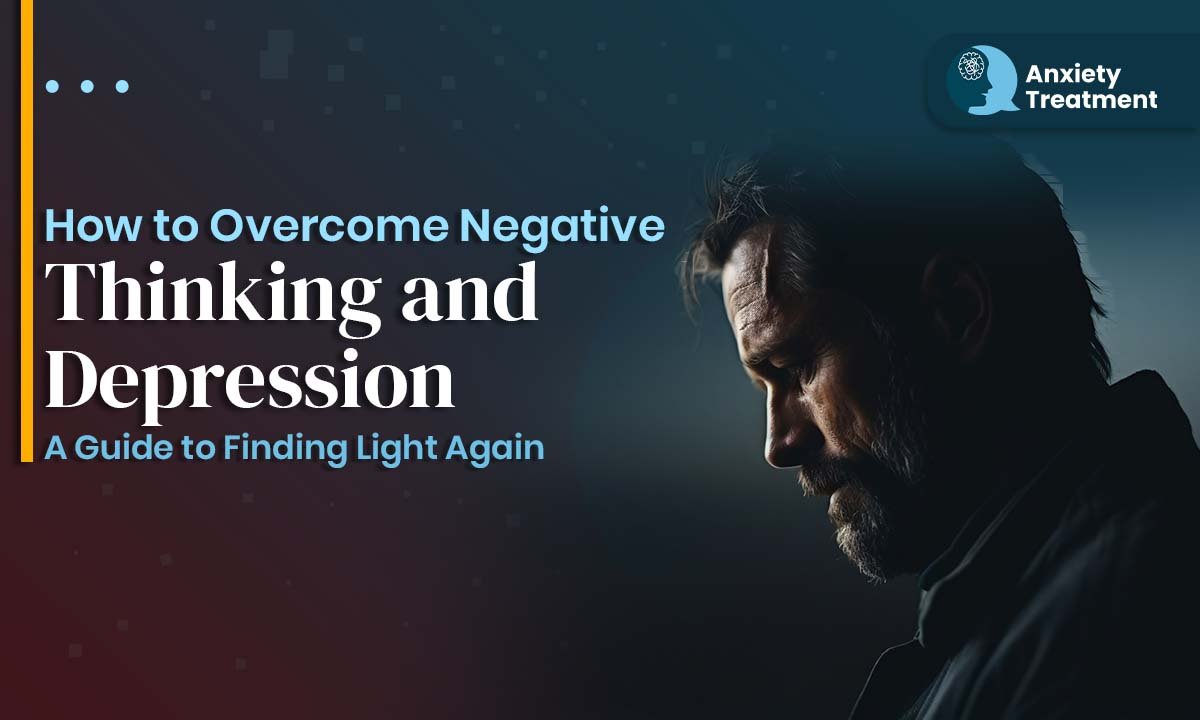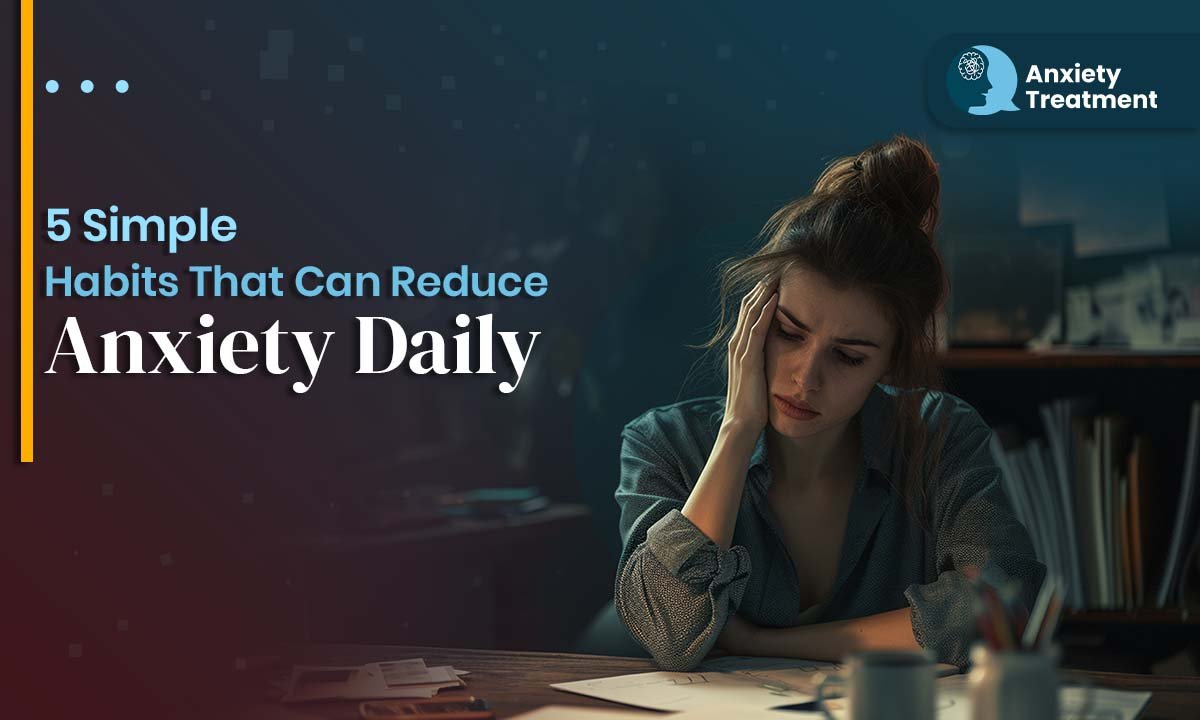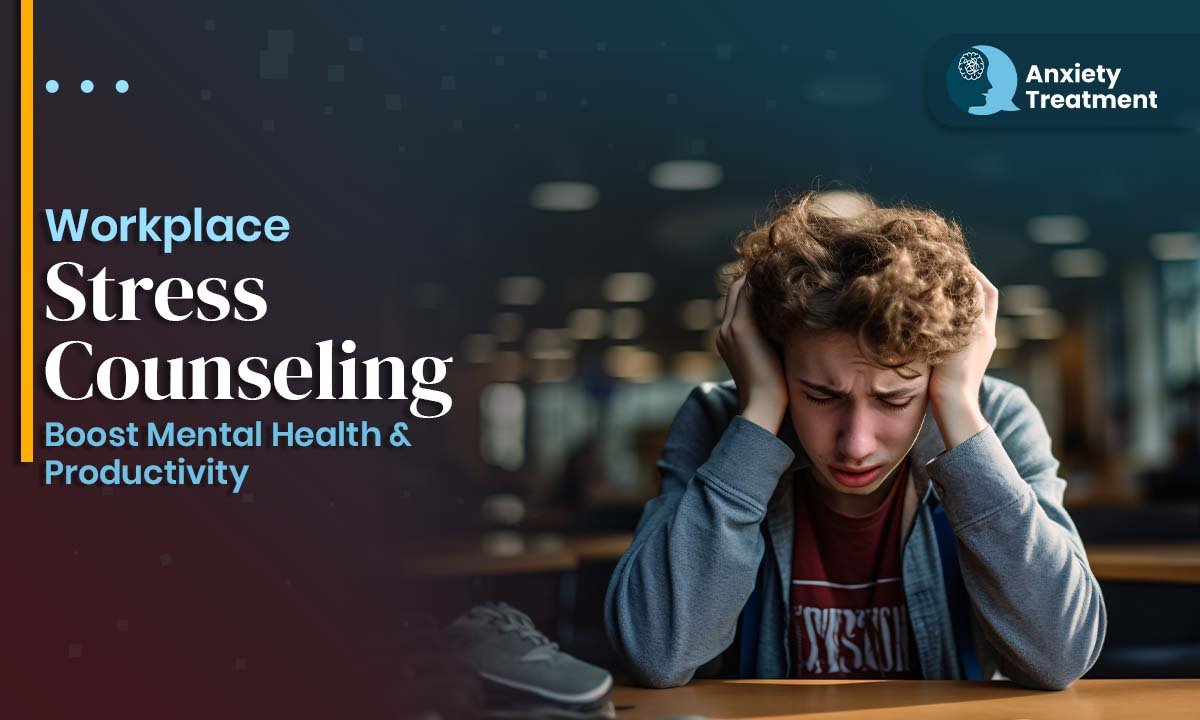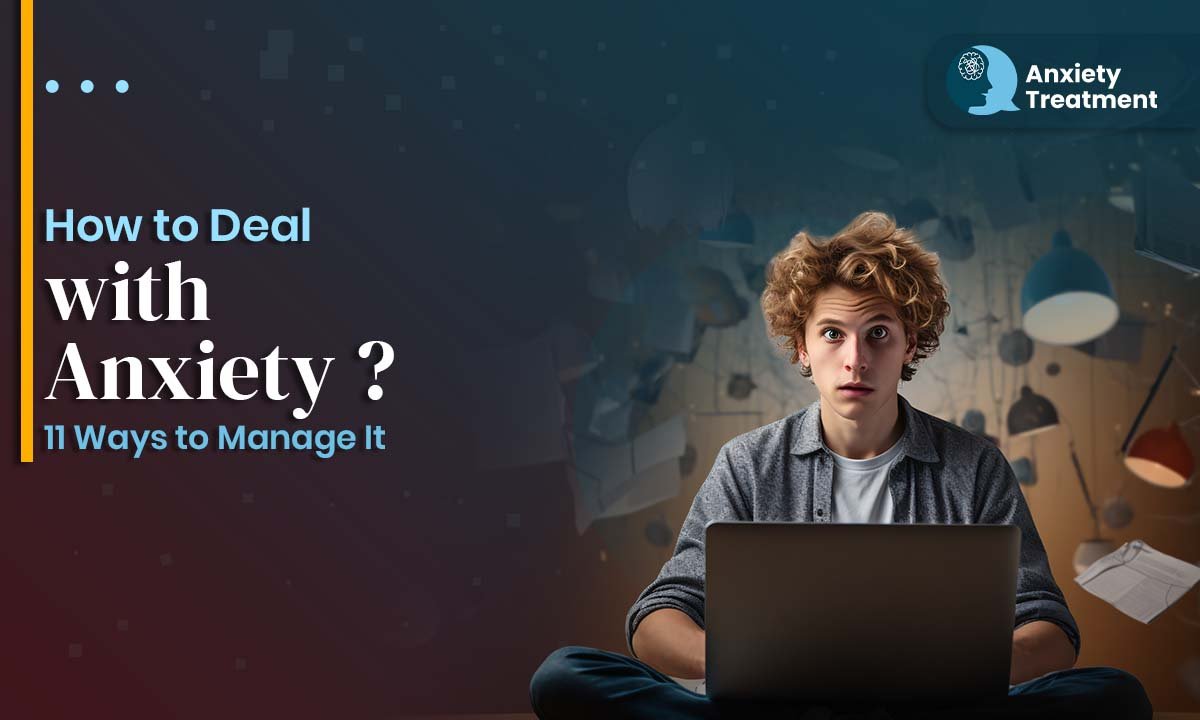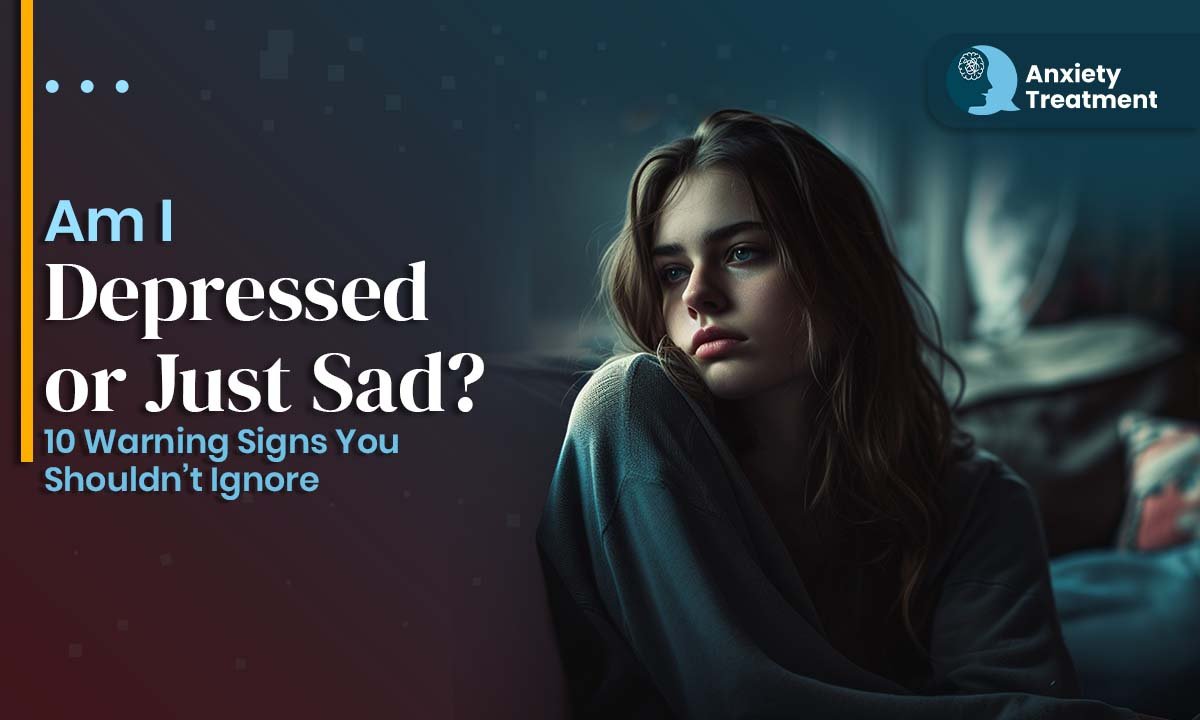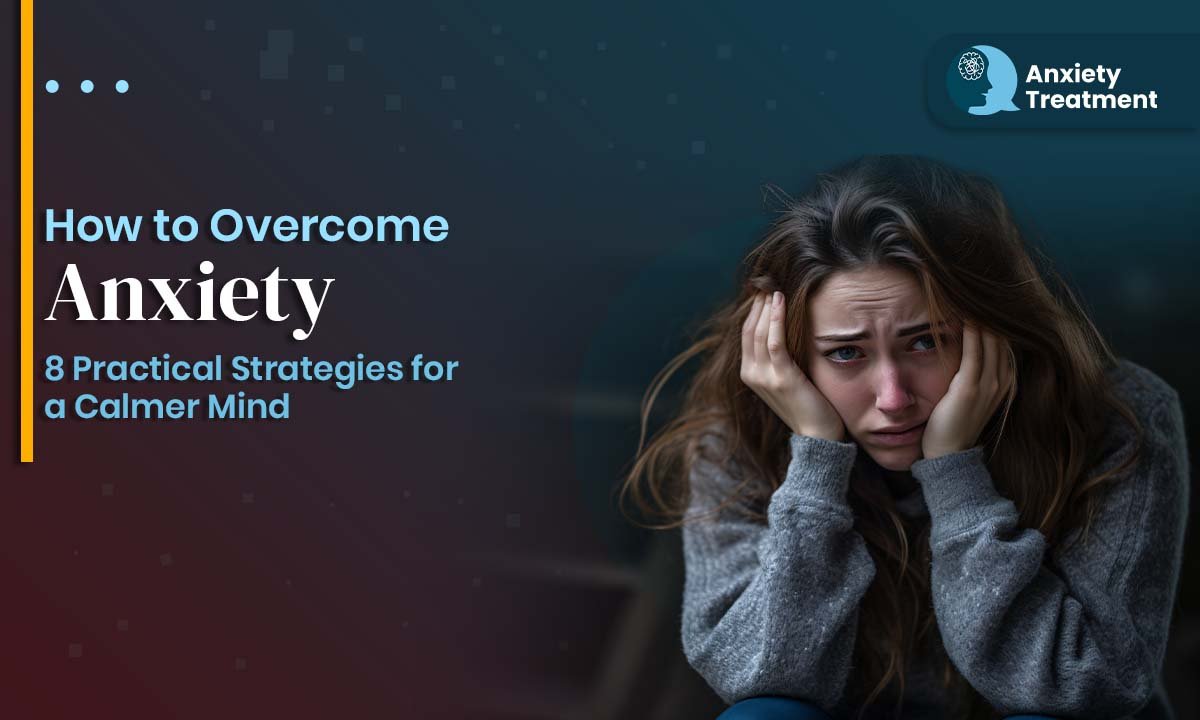When we think of anxiety, we usually picture racing thoughts, a pounding heart, or sweaty palms. But anxiety doesn't just affect the mind—it can impact your body, especially your stomach. Many people experience an anxious feeling in the stomach, especially during times of high stress or emotional tension.
So, what does anxiety stomach pain feel like? Is it real, or just in your head? In this post, we’ll explore the link between anxiety and digestive discomfort, common stomach anxiety symptoms, and ways to find relief.
Why Does Anxiety Affect Your Stomach?
Your brain and digestive system are connected through the gut-brain axis, a complex communication network. When you're anxious, your body releases stress hormones like cortisol and adrenaline, which directly impact your gut function.
This can lead to a wide range of stomach anxiety symptoms, such as:
- Muscle tension in the abdomen
- Increased stomach acid
- Slowed or rushed digestion
- Heightened gut sensitivity
These changes often result in pain, nausea, and bloating—making anxiety stomach symptoms hard to ignore.
What Does Anxiety Stomach Pain Feel Like?
The experience of anxiety stomach pain can vary. While some people describe it as a dull ache, others feel sharp cramps or tightness. Here are common sensations you might notice:
- Cramping or Tightness: A clenched or knotted feeling in your stomach.
- Stabbing Pains: Sharp, brief pangs often triggered by sudden stress.
- Burning Sensation: A sign of stress-induced acid reflux.
- Fluttering or Jitters: That classic anxious feeling in the stomach, like butterflies or a pit in your belly.
- Bloating and Gas: Often caused by shallow breathing or tension.
- Nausea or Queasiness: Feeling nausea and vomiting due to anxiety, especially in social or high-pressure situations.
These symptoms can come and go depending on your anxiety levels. They often peak during high stress and ease when you feel calm again.
How to Know If It’s Anxiety or Something Else
Sometimes it’s hard to tell if your stomach pain is from anxiety or an underlying medical condition. While anxiety stomach symptoms are common, persistent or severe pain should be evaluated by a doctor.
You might be experiencing anxiety-related stomach issues if:
- The pain is linked to emotional stress or nervousness
- It appears during specific situations like interviews, public speaking, or conflict
- You also feel anxious, shaky, or panicked
- Medical tests show no signs of digestive illness
Still unsure? A healthcare provider can help you rule out other causes like ulcers, IBS, or food intolerances.
How to Manage Anxiety Stomach Pain
The best way to ease stomach anxiety symptoms is by managing your stress levels. Here are proven methods to help calm both your mind and your stomach:
- Deep Breathing Exercises
Slow, mindful breathing can reduce tension and soothe your digestive system.
- Daily Movement
Exercise helps reduce anxiety and improves digestion.
- Mindfulness Practices
Meditation and grounding exercises help you stay present and reduce the anxious feeling in your stomach.
- Healthy Diet Choices
Avoid caffeine, processed foods, and alcohol, which can increase both anxiety and gut irritation.
- Seek Professional Help
Therapy—especially cognitive behavioural therapy (CBT)—can help rewire anxious thinking and reduce physical symptoms.
Final Thoughts
If you’ve ever asked, “What does anxiety stomach pain feel like?”—now you know it’s a real, physical response to stress. The anxious feeling in your stomach isn’t something to ignore. It’s your body’s way of signaling that it needs care, rest, and emotional support.
While anxiety stomach pain can be uncomfortable, it's also manageable with the right strategies. And if it ever feels overwhelming, don't hesitate to talk to a mental health professional. Relief is possible, and you don’t have to navigate it alone.

